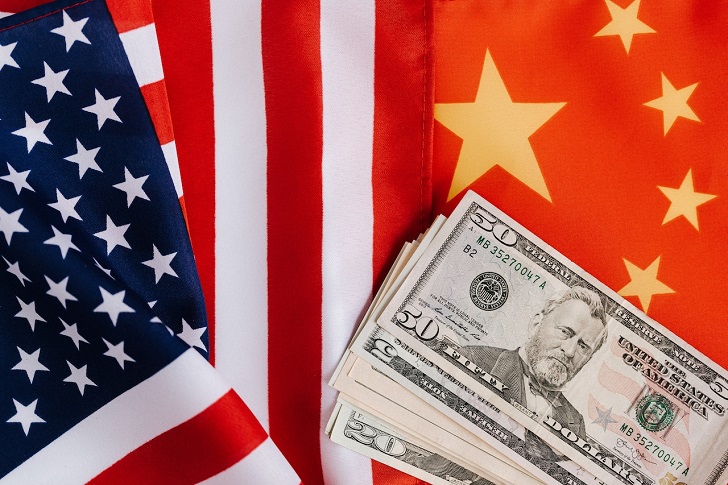The role of a president is one of immense responsibility, power, and influence. However, even after their office ends, former presidents hold a unique societal position. While they are no longer at the nation's helm, there are certain rules and guidelines that former presidents must follow.
These rules are designed to ensure that the transition from office to civilian life is smooth and that the integrity of the office is upheld. This article will explore the rules that former presidents must follow and the reasons behind their existence.

Cottonbro Studio/ Pexels | Security for former presidents is not just about personal safety; it's a reflection of the importance of safeguarding classified information
Security
Security is one of the most critical aspects of a former president's life. After all, they are privy to classified information and have made decisions that could have far-reaching consequences.
For this reason, former presidents are entitled to Secret Service protection for the rest of their lives. This protection extends to the president's immediate family as well. The aim is to safeguard them from potential threats and ensure their safety in the years following their time in office.
Financial Support
Upon leaving the presidency, former presidents are entitled to a pension to support them in their post-presidential life. This pension is designed to ensure that former presidents can maintain a certain standard of living after leaving the highest office in the land.
Additionally, they receive funds for office space, staff, and travel expenses to facilitate their continued engagement in public and charitable activities. This financial support helps former presidents transition smoothly and continue contributing to society.

Ivo Rainha/ Pexels | Establishing libraries and museums is not just a tribute to a former president's legacy but also a commitment to preserving history
Ethical Considerations
Former presidents are expected to uphold high ethical standards in their conduct and public statements. While they are entitled to express their opinions on various matters, they must be mindful of their status as former leaders and the potential impact of their words.
Many former presidents engage in philanthropic work or advocacy for causes they believe in, which can significantly impact society. However, they are often cautious to avoid conflicts of interest and to maintain the integrity of the presidency.
Protocol and Diplomacy
Even after leaving office, former presidents play a role in representing their country on the global stage. They often engage in diplomatic activities, negotiations, and international relations efforts.
This is particularly true when addressing humanitarian crises, advocating for peace, or promoting initiatives that align with their nation's values. Their actions can shape perceptions of their country and contribute to advancing global goals.

Karolina Grabowska/ Pexels | Financial support for former presidents acknowledges the sacrifices and responsibilities they've shouldered during their time in office
Library and Museum
Most former presidents establish libraries or museums dedicated to their time in office, policies, and the historical context of their presidency. These institutions serve as valuable resources for researchers, historians, and the general public.
They provide insights into the decision-making processes of past leaders and contribute to a deeper understanding of the nation's history. Former presidents are often actively involved in establishing and managing these institutions, ensuring their legacy is accurately preserved.
Respect for Successors
Former presidents must navigate the delicate balance of staying engaged in public discourse while respecting the decisions and actions of their successors. Regardless of political differences, there is an unwritten rule of respecting the peaceful transfer of power and allowing the current president to govern.
Former presidents often offer advice and support to their successors when asked, drawing on their own experiences to provide guidance. This tradition contributes to the stability and continuity of the nation's leadership.

